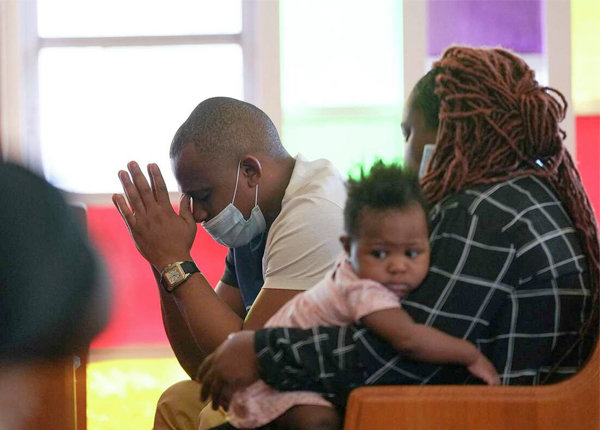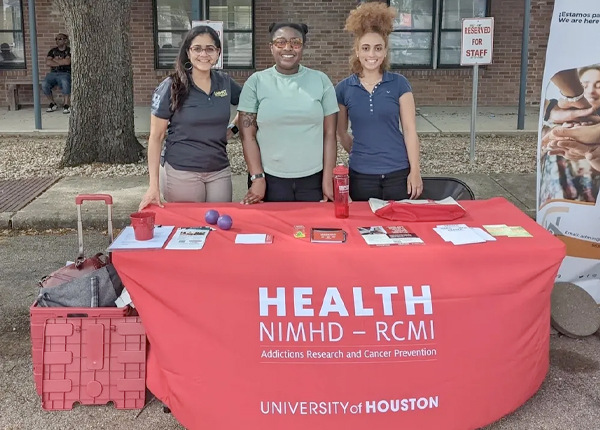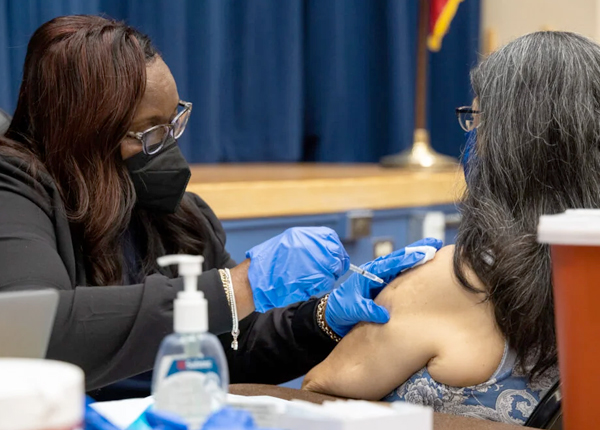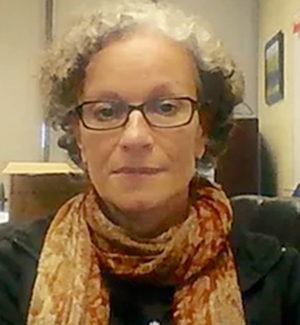There is an urgent need to understand what is driving health disparities that are experienced by medically underserved and minoritized (e.g., American Indian; Asian; Black/African American; Latino/a/x ) communities in the Greater Houston area. The social determinants of health – including the effects of systemic racism, lack of culturally competent healthcare providers, access to quality healthcare, economic stability, educational achievement gap, food insecurity, transportation, language barriers, and characteristics of one’s built environment – continue to contribute to higher rates of disease progression, hospitalizations, and deaths amongst impacted communities. Through a partnership with the Houston Health Department, H-Town CHAT (Community Health Action Talks) is collaborating with organizations, churches, leaders, and community members to develop solutions that improve everyone’s quality and length of life.
|
Program Goals
|
|
|---|---|
|
Our Values
|
|
|
Potential Outcomes
|
|















